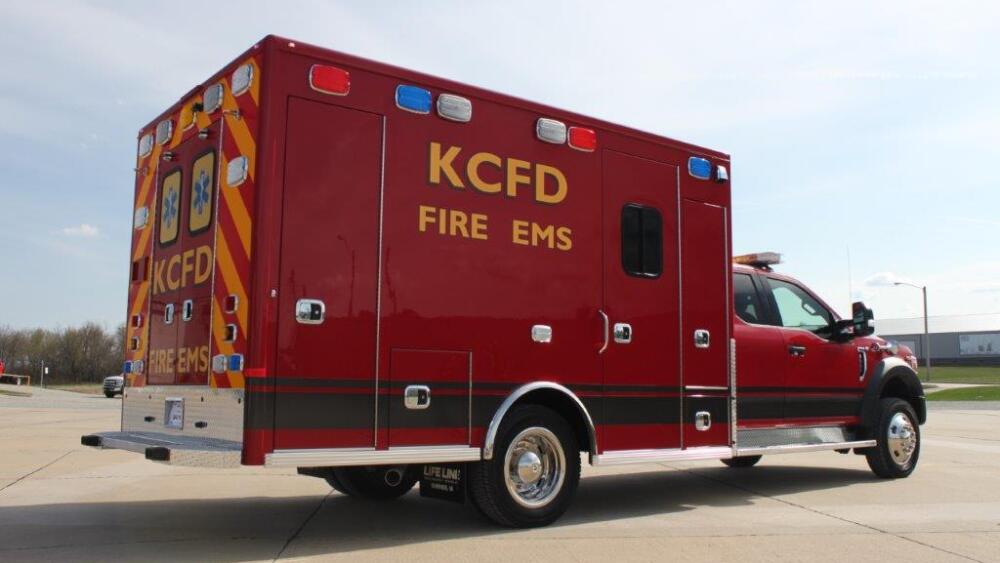KANSAS CITY, Mo. — An internal audit found Kansas City Fire Department paramedics and EMTs often failed to follow established procedures for patients with chest pain, according to The Kansas City Star.
The audit, conducted in early 2025 by Deputy Chief Laura Ragusa, showed that KCFD emergency medical crews complied with chest pain protocols in just 13.2% of cases reviewed. Overall, the audit found that department personnel followed recommended treatment steps for all medical calls less than one-fifth of the time.
The audit noted, failing to follow established protocols — such as obtaining vital signs, applying a cardiac monitor, or administering aspirin — may increase the risk of poor outcomes for patients experiencing heart attack symptoms. The audit noted that missing steps like providing low-dose aspirin can have serious consequences, referencing a 2009 study in the medical journal Prehospital Emergency Care that links these interventions to improved survival rates.
The audit was initiated by Ragusa after field supervisors reported concerns about lapses in patient care. The review covered a sample of KCFD EMS calls over a two-month period, as well as all calls involving chest pain or acute respiratory distress.
The existence and findings of the audit became public only after Ragusa filed a whistleblower lawsuit against the city. In court documents, she described the audit’s results as “alarming” and alleged that department leadership attempted to keep the findings from being shared outside the agency.
Calls for training, transparency
Ragusa’s audit called for increased hands-on training for EMS personnel and the implementation of ongoing skills assessments. According to the document, most EMS calls in Kansas City are medical, not fire-related, highlighting the need for a stronger emphasis on clinical care.
Ragusa also recommended regular audits to track compliance improvements and set a benchmark of 50% adherence by the end of 2025.
The audit also noted that neighborhoods with higher call volumes, often lower-income areas, may face the greatest risks, as residents are less likely to have access to bystander CPR while awaiting EMS arrival.
Next steps
Ragusa has recommended quarterly reviews and targeted remediation efforts for EMS staff, with the goal of significantly improving compliance rates.
City officials have not publicly commented on the audit or the lawsuit, and the KCFD medical director declined to be interviewed.







